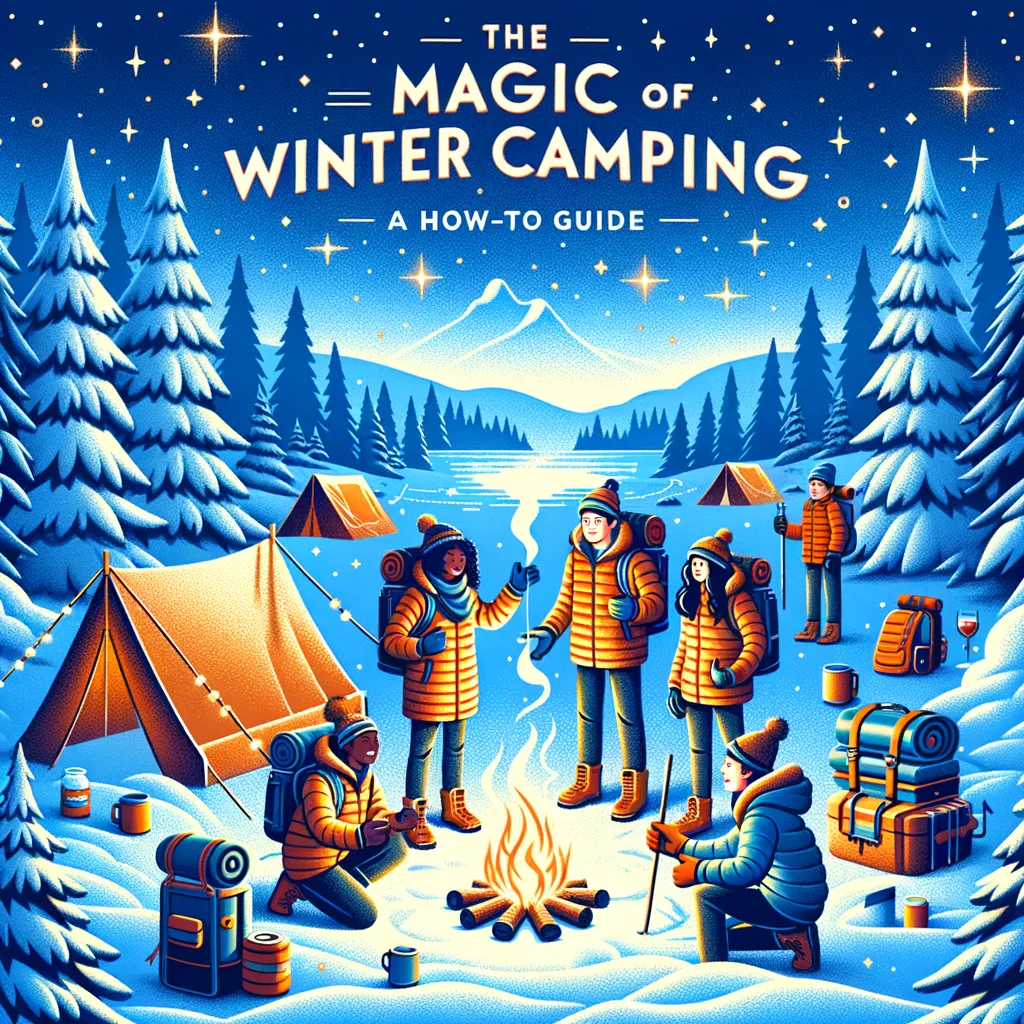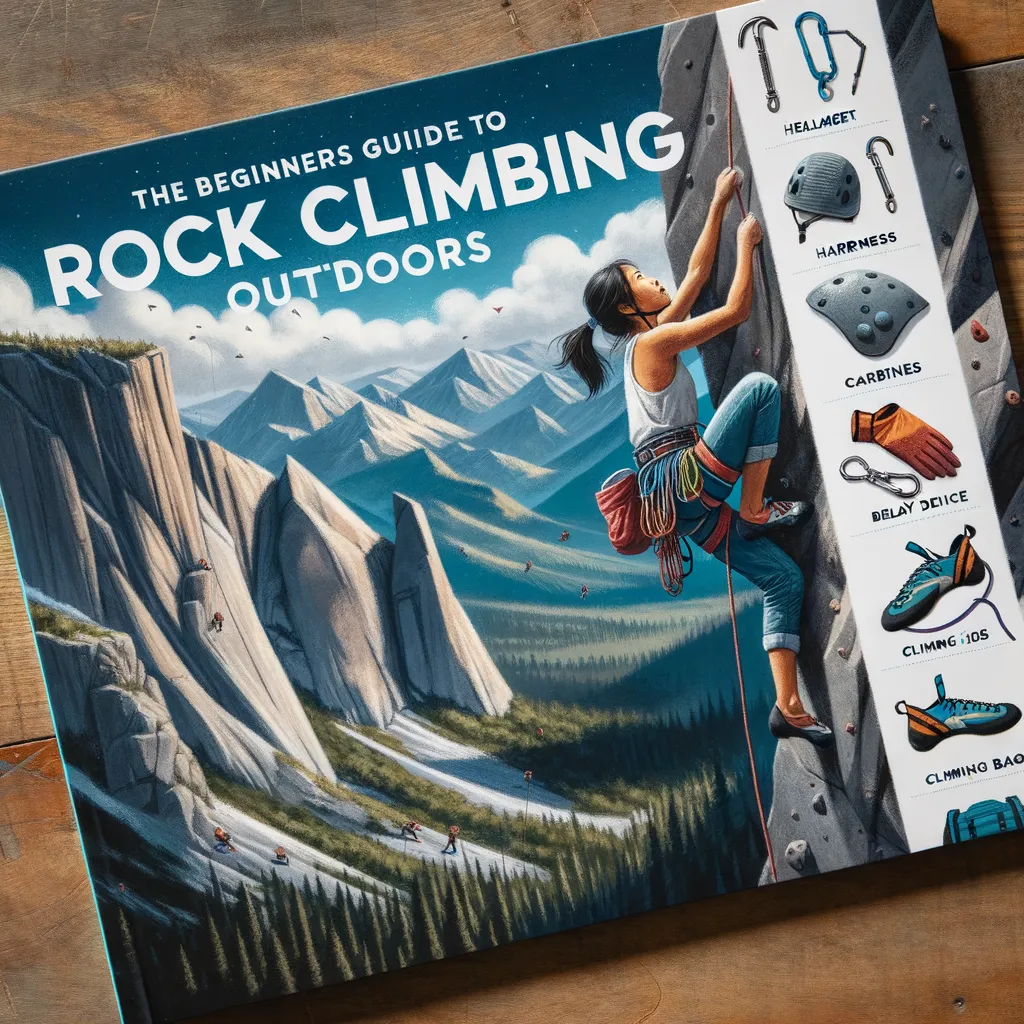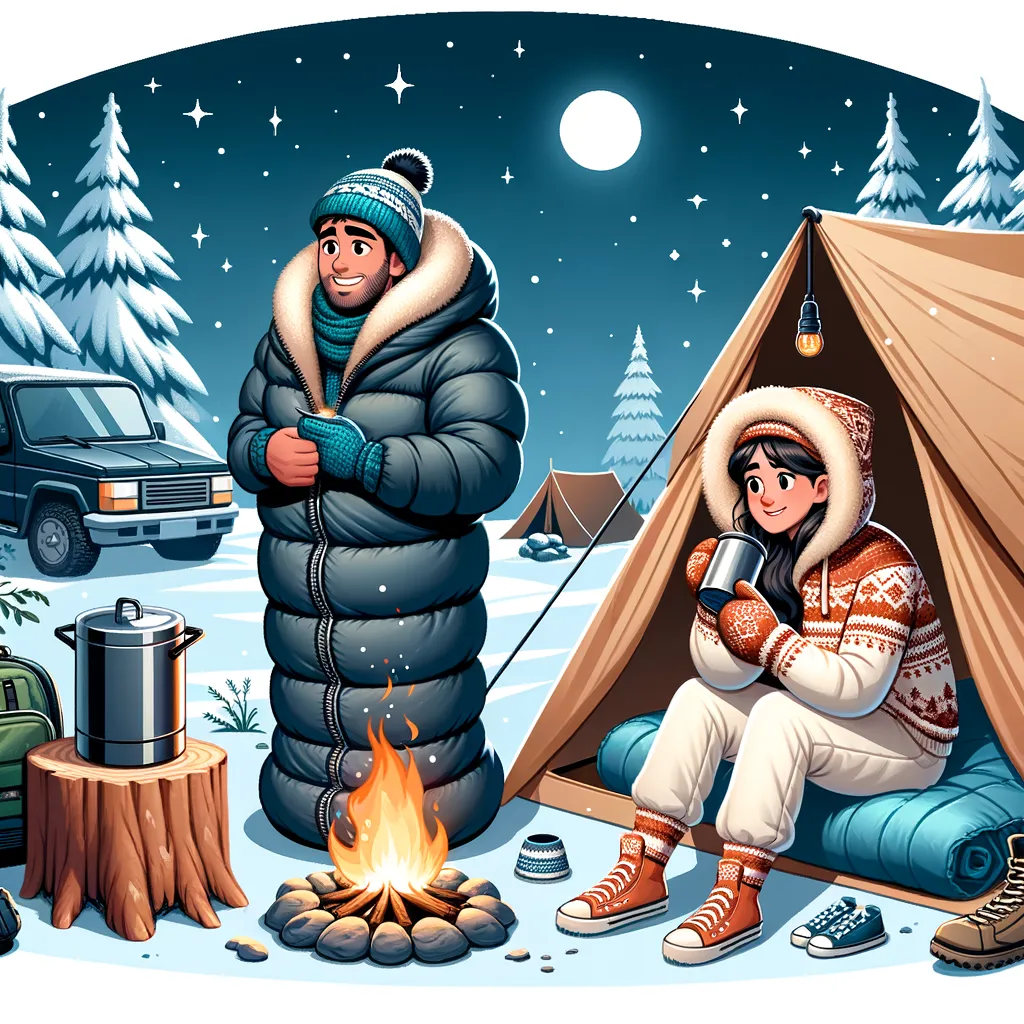Discovering the Magic of Winter Camping: A Guide for Parents
Winter camping can sound daunting at first, but with the right preparation, it can become one of the most magical experiences you share with your family. The serene beauty of a snow-blanketed landscape, the peaceful silence of the great outdoors in winter, and the joy of huddling around a warm fire are just a few of the unique experiences that await. This guide is designed to help parents prepare for an unforgettable winter camping trip, providing practical tips and advice to ensure you make the most out of this enchanting experience.
Why Choose Winter Camping?
Winter camping offers a fresh perspective on nature and outdoor activities. Unlike the crowded trails and campsites of summer, winter provides a serene solitude that brings families closer together. The challenges of the cold season also teach valuable skills and resilience. Preparing and enjoying a winter camping trip with your children can foster a love for the outdoors, teach them about the natural world in a different season, and create lasting memories.
Essential Gear to Bring
The key to a successful winter camping trip lies in the right equipment. While some gear might overlap with what you use in warmer months, winter camping requires specific items to ensure your family stays warm, dry, and safe.
- Four-Season Tent: Choose a tent designed to withstand harsh weather conditions, including strong winds and heavy snowfall.
- Sleeping Bags: Opt for sleeping bags rated for temperatures lower than you anticipate. Remember, it’s better to be over-prepared than under-prepared when it comes to cold weather.
- Insulated Sleeping Pads: An insulated sleeping pad is crucial for keeping you off the cold ground and ensuring a comfortable night’s sleep.
- Layers of Clothing: Dressing in layers allows you to easily adjust to changing temperatures. Make sure to pack moisture-wicking base layers, insulating layers, and a waterproof shell layer.
- Sturdy Boots and Socks: Waterproof boots and wool or synthetic socks are essential for keeping feet warm and dry.
- Portable Stove: A reliable stove not only allows you to cook hot meals but also melts snow for drinking water.
Preparing Your Family for the Cold
Discussing and preparing for the cold is crucial before your trip. Educate your children about the signs of frostbite and hypothermia, and ensure they understand the importance of staying dry and warm. Practice building a campfire and cooking simple meals on a portable stove at home to make these tasks easier when dealing with the cold and snow.
Encourage your children to participate in packing, highlighting the importance of each item. This not only teaches them about responsible camping but also helps them feel more involved and excited about the adventure ahead.
Activities to Enjoy
Winter camping doesn’t mean you’ll be stuck in your tent all day. Snowshoeing, building snowmen, and even winter fishing can be great activities to enjoy as a family. Remember, the objective is to have fun and make memories, so be open to the spontaneous joys that winter camping can offer.
With the right preparation and mindset, winter camping can be a magical experience for your family. It’s an opportunity to disconnect from the digital world, connect with nature, and create unforgettable memories. Stay tuned for more tips on making your winter camping trip a success, including how to choose the perfect campsite, staying safe in the wilderness, and much more.
Embarking on a winter camping adventure with your family is all about embracing the season’s unique beauty and challenges. By preparing adequately, focusing on safety, and maintaining a positive attitude, you’re setting the stage for an extraordinary outdoor experience that your family will cherish for years to come.
https://en.wikipedia.org/wiki/Camping

5 Essential Tips for Parents Preparing for The Magic of Winter Camping
Winter camping with your family unlocks a unique opportunity to bond and explore the mesmerizing winter wilderness. It’s a magical adventure that requires thoughtful preparation, especially when children are involved. To help you get ready for this extraordinary experience, we’ve compiled five crucial tips for parents. These tips will ensure your family’s winter camping trip is not only enjoyable but also safe and comfortable.
1. Mastering the Art of Layering
One of the keystones of successful winter camping is understanding and implementing proper layering. Layering is essential for maintaining body warmth and comfort in the cold. Start with a moisture-wicking base layer to keep sweat away from the skin. Add an insulating layer like fleece or down to retain body heat. Top it off with a waterproof and windproof shell layer to protect against snow and wind. Equipping your family with the right layers allows everyone to adjust their comfort levels as temperatures fluctuate throughout the day.
2. Choosing the Right Campsite
Selecting a suitable campsite is critical in winter. Look for a spot that’s sheltered from the wind and not in an area prone to avalanches. Consider proximity to water sources, but remember that you may need to melt snow for water, so bring a reliable portable stove. Sun exposure can also be beneficial in winter, so if you can, find a site that will catch the morning sun, which will help with warming up quicker after a cold night.
3. Staying Hydrated and Well-Fed
It’s surprisingly easy to become dehydrated in the cold since people tend to drink less. However, hydration is vital for maintaining energy levels and warmth. Encourage your family to drink water regularly throughout the day. Eating is just as important because your bodies will burn more calories to stay warm. Plan for meals that are nutritious and easy to prepare. High-energy, portable snacks like nuts, chocolates, and energy bars are great for keeping everyone fueled during activities.
4. Ensuring Safe Sleeping Arrangements
A good night’s sleep is crucial for enjoying your winter camping experience. Invest in high-quality, insulating sleeping bags rated for temperatures lower than you expect to encounter. Insulated sleeping pads are also a must, as they put a barrier between you and the cold ground. Consider using a four-season tent that can withstand winter conditions, including snow loads and high winds. For extra warmth, fill a water bottle with hot water and place it in your sleeping bag before bedtime.
5. Preparing for Emergencies
No one likes to think about things going wrong, but being prepared for emergencies is crucial, especially in winter conditions. Pack a well-stocked first aid kit tailored for winter camping, including items to treat hypothermia and frostbite. Teach your children what symptoms to look for and what to do if they feel too cold. Keep a whistle, flashlight, and spare batteries in an accessible pocket of your backpack. Lastly, inform someone about your trip itinerary and expected return, so help can be sent if you don’t come back as planned.
Winter camping as a family can be incredibly rewarding, offering experiences and memories that last a lifetime. From the quiet beauty of a forest blanketed in snow to the fun of snowshoeing or building an igloo, the outdoors in winter is a magical playground. With careful preparation focused on safety, comfort, and enjoyment, you’re setting the stage for an amazing adventure. Remember, the key to a successful winter camping trip lies in embracing the season’s challenges while ensuring everyone stays warm, hydrated, and happy.
Embracing the winter season for a family camping trip not only strengthens bonds but also teaches invaluable lessons in resilience, teamwork, and the beauty of nature. By prioritizing preparation and safety, your family can fully enjoy the magic that winter camping has to offer. Let the adventure begin!
Disclaimer
The articles available via our website provide general information only and we strongly urge readers to exercise caution and conduct their own thorough research and fact-checking. The information presented should not be taken as absolute truth, and, to the maximum extent permitted by law, we will not be held liable for any inaccuracies or errors in the content. It is essential for individuals to independently verify and validate the information before making any decisions or taking any actions based on the articles.



